Whether or not you live in a coastal area, you're probably aware about the dangers of a hurricane. As a matter of fact, hurricanes have the potential to wreak havoc hundreds of miles inland as well. Keeping yourself posted during the tropical storm season is crucial for hurricane preparedness; this involves watching news coverage and keeping an eye out for government-issued warnings. While awareness is a key factor in staying organized during a storm, preparing your house for a storm beforehand is just as important. Preventative measures such as reinforcing the weak points of your house and even backyard maintenance can greatly reduce the risk of costly damage.
When Can You Expect a Storm
According to the CDC, hurricane season begins between mid-May in the Pacific coast and beginning of June in the Atlantic and Caribbean coasts; it can last until the end of November. In the South Pacific, however, hurricanes are more likely to strike around September. In any case, it is important not to wait until the last moment to start preparing for a storm, especially when there’s a hurricane with an ETA on the radar.
One thing to keep an eye out for is a hurricane watch alert, and don't wait for it to turn into a hurricane warning to take action. The difference between the two is that the former indicates that hurricane conditions are possible in a certain area due to sustained winds. This kind of alert is announced 48 hours before tropical winds are predicted to start. The latter, on the other hand, refers to expected hurricane winds and is announced 36 hours prior to the forecasted conditions.
What to Plan for When the Storm Hits
If you decide to stay in during the storm, first of all you need to determine if it’s safe enough to do so. While it is true that hurricanes can sometimes be relatively mild, you will still have to keep your family and yourself protected — especially during the rougher periods of the storm. Locate a safe zone in your house, preferably on ground level and away from windows. Since you’re not going to be going anywhere, you’ll need a contingency plan to get through the storm as smoothly as possible.
Stock Up on Supplies
A hurricane has the potential to shut down an entire city, leaving you without supplies for an uncertain amount of time. Make sure to stock up on everything from food, water, medicine, and other basic necessities that would last for at least three to four days. Having an emergency kit including batteries, flashlights, a portable radio, chargers, first aid, and other essentials is also a crucial measure you should take.
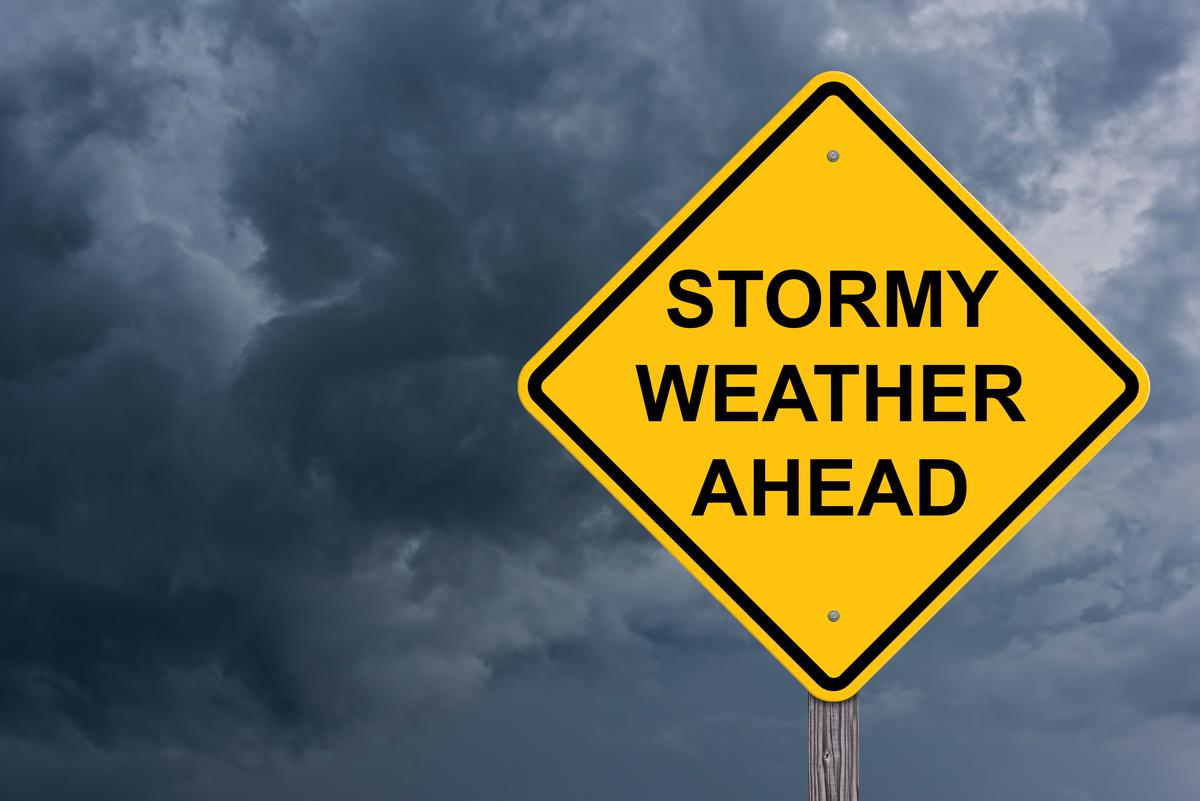
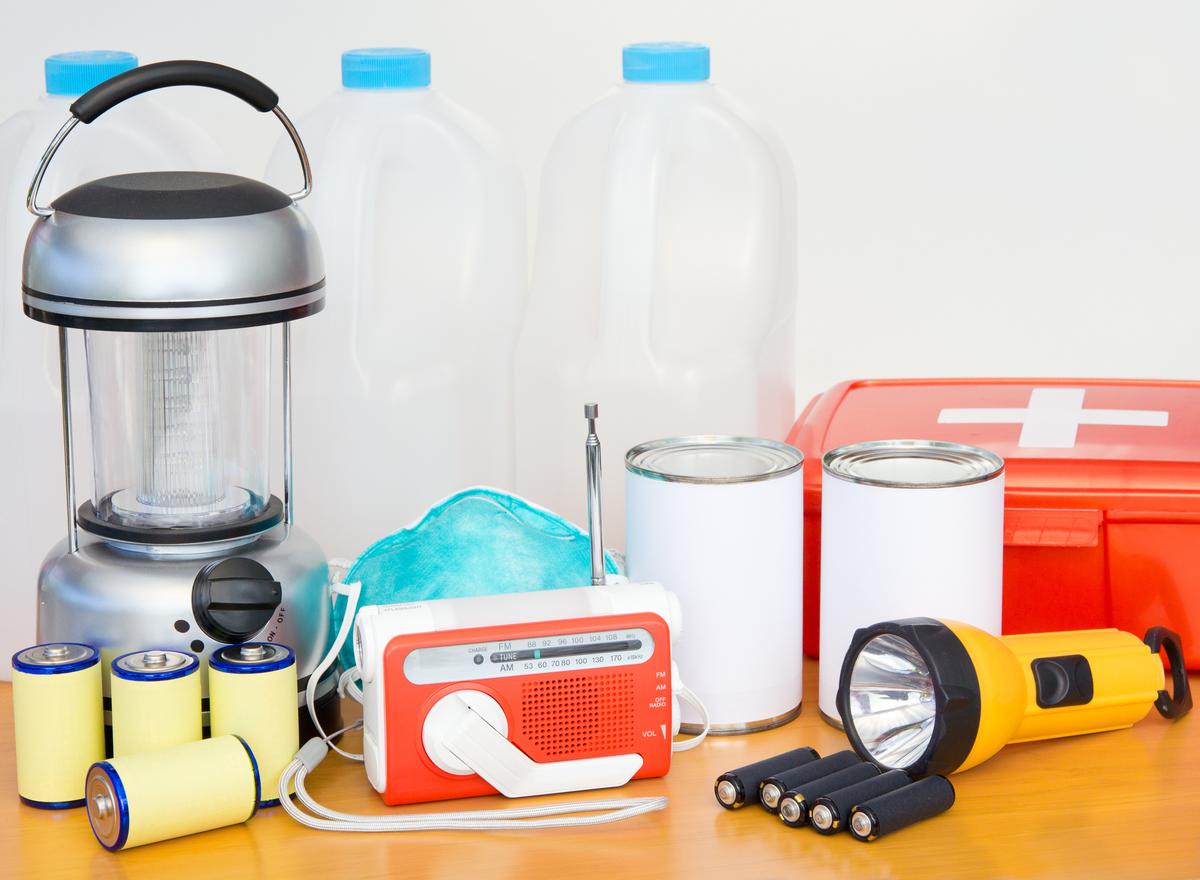
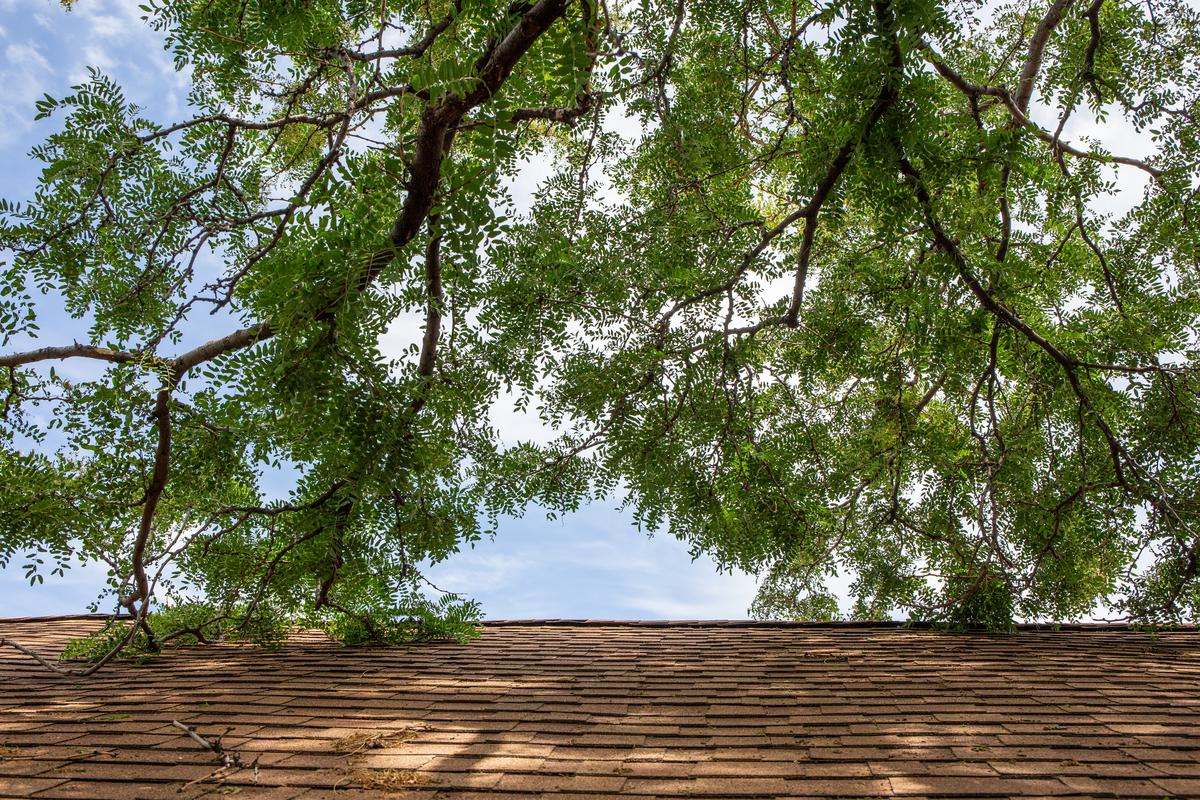
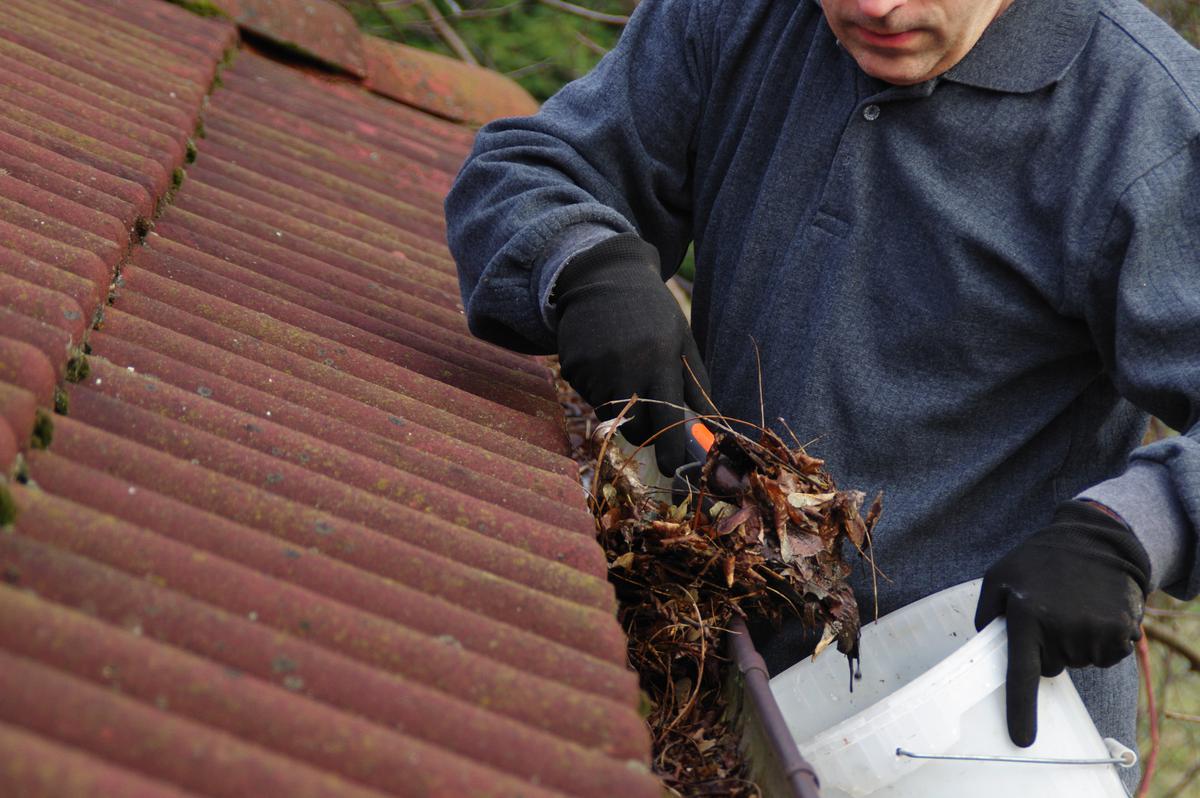
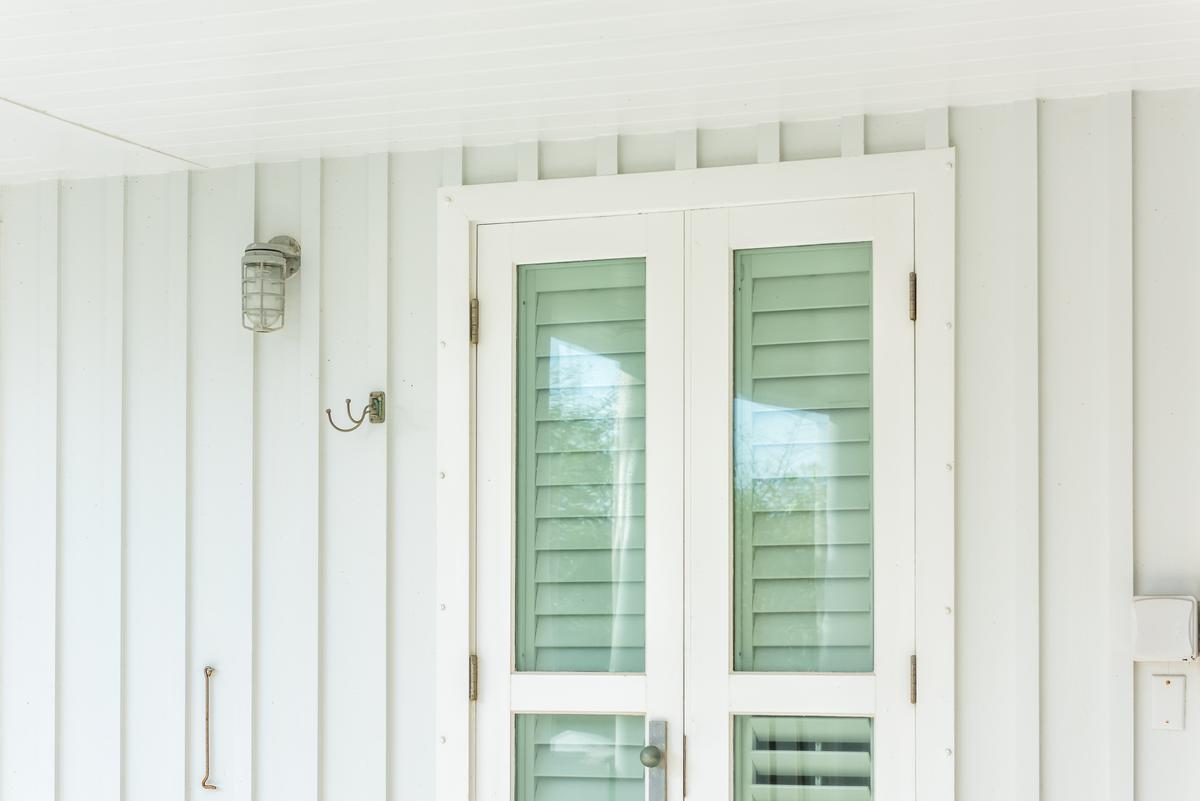

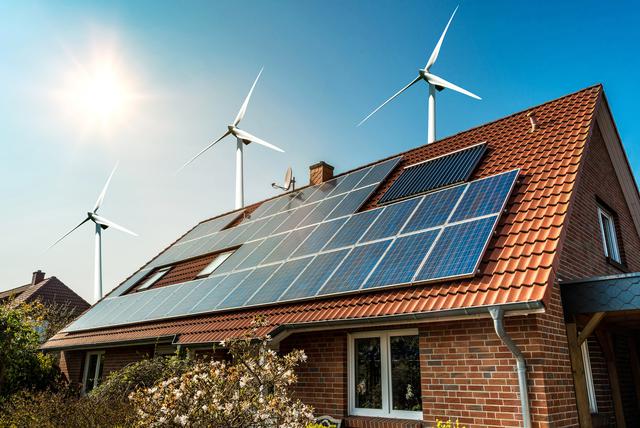
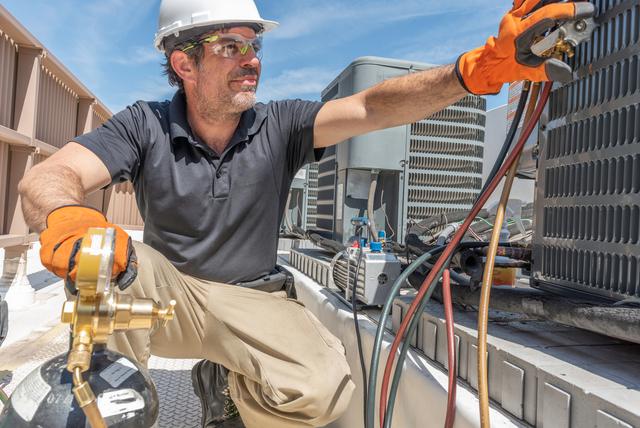
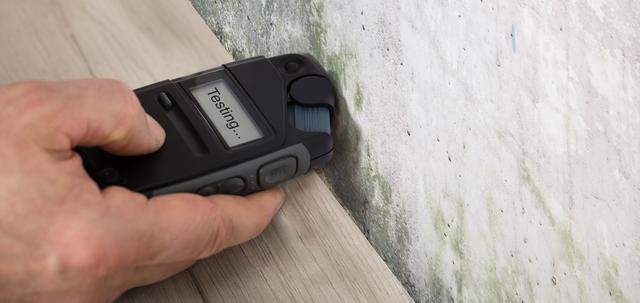
comments